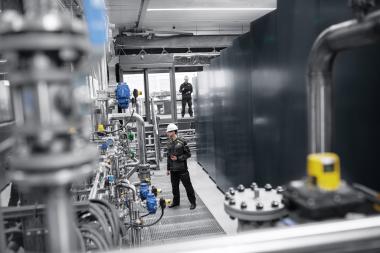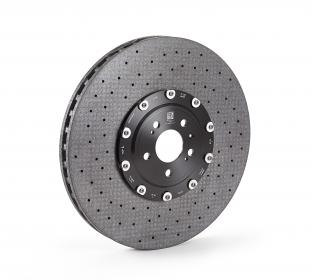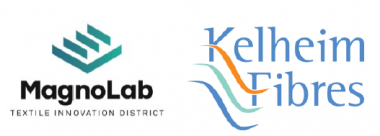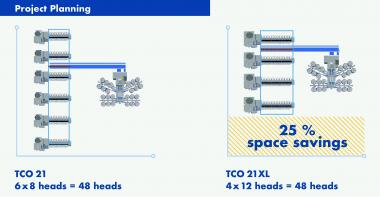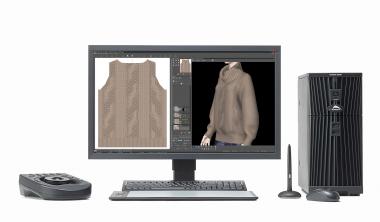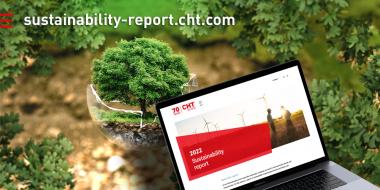Rudolf commissions Baldwin’s TexCoat™ G4 lab-scale precision spray unit
Rudolf GmbH, a provider of chemicals to the textile industry, can now offer side-by-side performance tests of the age-old “dip and squeeze” pad versus precision spray finishing with the delivery of Baldwin Technology Inc.’s TexCoat ™ G4 lab-scale unit.
The new TexCoat lab-scale unit at Rudolf’s Geretsried, Germany-based Customer Solution Center, tests the sprayability of chemicals on fabrics as an additional tool to help the market transition to precision spray with confidence in the performance and sustainability of the end result.
With Baldwin’s innovative system, the chemistry is precisely distributed across the textile surface and is applied only where it is required, on one or both sides of the fabric. The non-contact technology eliminates chemistry dilution in wet-on-wet processes, allowing full control of maintaining consistent chemistry coverage rates.
Plus, pad bath contamination is eliminated, and changeovers are only required when there is a change of finish chemistry. On wet-on-dry processes, the finish is applied with 50% of the amount of water required for pad finishing. Dryer fabric entering the stenter means less water to evaporate resulting in less energy and higher production speeds.
More specifically, with Baldwin’s TexCoat G4, textile finishers can track and control the finishing process. Changeovers are quickly performed thanks to recipe management, including automated chemistry and coverage selection. Furthermore, the system takes speed information from the drying process to insure exact coverage regardless of any change in speed. TexCoat G4 measures every drop of chemical usage ensuring that the amount of chemical add-on is precise.
In addition, the TexCoat G4 system can process a wide range of low-viscosity water-based chemicals, such as durable water-repellants including PFAS-free, softeners, anti-microbials, easy care resins, flame retardants and more. Baldwin’s technology utilizes the same chemicals used in the traditional pad bath, with no special auxiliaries required.
Rudolf Rudolf Group Baldwin Baldwin Technology Company Inc. TexCoat G4 textile finishing
Baldwin Technology Company Inc.





